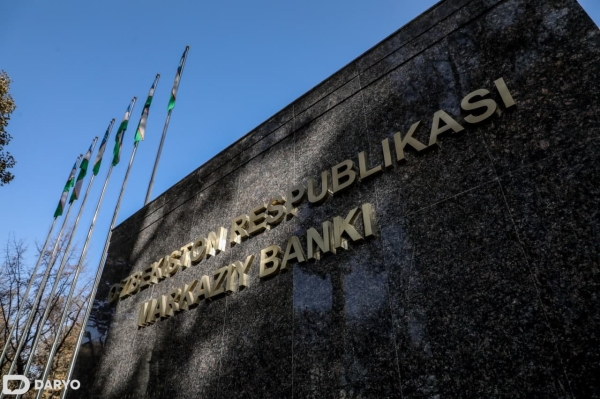The Board of the Central Bank of Uzbekistan decided to keep the policy rate unchanged at 13.5% per annum on December 12. This decision reflects the Bank’s ongoing efforts to manage inflation and maintain economic stability in the face of sustained high demand and rising price pressures.

In recent months, inflation has been decreasing at a slower pace than expected, primarily due to continued upward price pressures across various sectors of the economy. Inflation expectations also remain elevated, with households and businesses reporting higher-than-expected inflation projections. By the end of 2024, headline inflation is anticipated to approach the upper end of the Bank’s projected range.
Over the past two months, annual inflation dropped slightly to 10% by the end of November. This decline was mainly driven by the stabilization of food prices, although high consumption and investment activity continue to keep aggregate demand high, which poses risks for price increases in non-food goods and services.
Household expenditure patterns, coupled with the secondary effects of energy price liberalization as colder weather sets in, have further influenced inflation expectations. Inflation expectations among households and businesses accelerated to 13.7% and 12.7%, respectively, by November.
Core inflation has remained stable at approximately 7% over the past four months. Persistent inflation in core non-food goods and services, along with rising revenues in retail and services, signals continued demand-side pressures in the economy. Furthermore, the stable growth of aggregate demand, fueled by rising wages and cross-border remittances, is expected to sustain inflationary pressures for a longer period.
As a result of these economic dynamics, GDP growth is projected to stabilize at around 6-6.5% by the end of 2024. Managing inflationary processes effectively amid rising real incomes will require balancing aggregate demand and supply, necessitating the maintenance of a tight monetary policy stance.
Money market interest rates and government securities yields reflect the ongoing tight monetary conditions. High real interest rates have encouraged increased savings, while the moderation of credit growth and higher deposit growth are expected to help balance aggregate demand and mitigate inflationary pressures.
Looking ahead, the Central Bank will continue to prioritize medium-term price stability by maintaining relatively tight monetary conditions, with a focus on achieving the 5% inflation target. The Bank will closely monitor the balance between supply and demand, inflation expectations, and the pace of structural reforms in the economy.
The Central Bank may consider increasing the policy rate if the current high demand and upward price pressures intensify in the coming months.
The next policy rate review is scheduled for January 23, 2025.
Earlier, the Senate of the Oliy Majlis of Uzbekistan appointed Timur Ishmetov as Chairman of the Central Bank’s Board, following a presidential nomination, while Mamarizo Nurmuratov was dismissed from the post.




